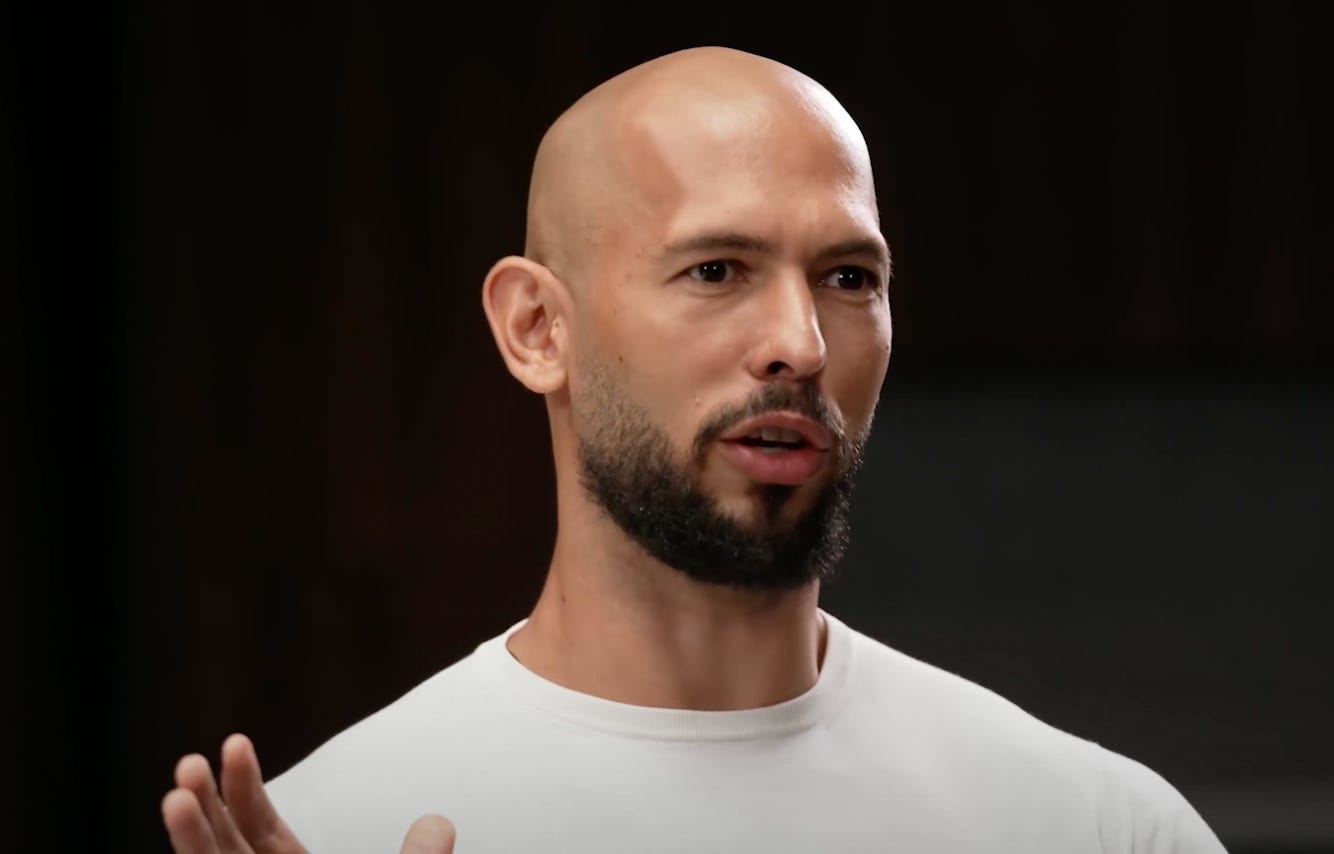This June, after years of being silent on the issue, Louisiana Governor John Bel Edwards came forward to say that he is against the death penalty and would like to see it abolished. Just like any reasonable person would. Following that announcement, nearly all the prisoners on Louisiana’s death row signed a petition asking for mass clemency.
On Wednesday, Gov. Edwards directed the Pardon Board to consider clemency for the petitioners. The board had previously rejected the petition, announcing that none of the petitioners were qualified for clemency. Why? Because immediately after the petitions went out, ardent death penalty enthusiast Attorney General Jeff Landry put out a new rule declaring that prisoners can only seek clemency for one year after a judge rules on their appeal.
In Louisiana, the Governor does not have sole power to pardon death row prisoners or grant clemency and can only do so with the blessing of the state board of pardons. Unlike the frantic last minute calls to the Governor we often see in movies and television asking for an extension or begging for a pardon, the process in Louisiana is a slow one and can take up to a year.
“Beyond moral justifications, there are a number of reasons, whether based in law or science, that support the need for mercy while considering these applications,” Edwards wrote in his letter to the Pardon Board. “Over the last 20 years in Louisiana, there have been six exonerations and more than 50 reversals of sentences in capital cases.”
Yes, and since 1993, there have been 11 exonerations, including the particularly egregious case of Shareef Cousin, who was only 17 when he was sentenced to death based entirely on the cross-racial identification of one eyewitness, who claimed he was part of a group of “three black males” who were harassing her and her date and accused him of shooting said date in the face. This was despite the fact that multiple other witnesses testified that he was playing a basketball game and there being actual video of said basketball game. Oh, and the fact that the eyewitness had previously told police “I don’t know, it was dark and I did not have my contacts or glasses, so I’m coming at this at a disadvantage.”
Glenn Ford spent 30 years on Louisiana’s death row for a crime he didn’t commit and, sadly, died less than 16 months after his sentence was vacated.
Damon Thibodeaux died of COVID-19 in 2021, nine years after he was exonerated, through DNA evidence, of having killed his cousin. Before that, he spent 16 years of his life on Louisiana’s death row, often in solitary confinement. An entire third of his life was spent nearly dying for a crime he did not commit.
Ryan Matthews was exonerated in 2004 after serving five years on death row, also thanks to DNA evidence.
John Thompson spent 16 years on there for a crime he didn’t commit, thanks to some bad eyewitness testimony.
Rodricus Crawford spent four years there, accused of killing his son by suffocating him, up until more qualified experts determined that the child actually died from pneumonia and sepsis in the blood caused by the pneumonia.
Dan L. Bright, wrongly convicted of the murder of a man named Murray Barnes, was sentenced to death after being represented at trial by a lawyer who was drunk the whole time. A trial in which the prosecutors purposely withheld FBI documents naming the actual murderer and other evidence that would have exonerated Bright.
These are just a few examples of people who ended up on Louisiana’s death row and did not belong there. It is astounding, truly, that anyone could look at any of these cases and think “Yes, this state is definitely good enough at finding the right people guilty to warrant their use of the death penalty as a form of punishment.” Indeed, Louisiana has the fourth highest rate of death row exonerations, precisely because they are so very bad at determining guilt and so very good at prosecutorial misconduct there.
Speaking of prosecutors, Attorney General Jeff Landry — who happens to be the current Republican frontrunner for Gov. Edwards’ seat —is in quite a huff about this.
“The governor is out there right now trying to circumvent a constitutional pardon and parole system,” Landry said. “Every one of those people on death row has had a jury of their peers convict them not once but twice,” referring to the fact that they were convicted by a jury and then sentenced to death by a jury.
You know who was also convicted “twice?” All of the innocent people I just mentioned that Louisiana sent to death row.
It’s not just Republicans who are upset either.
“Because of the governor’s request today, deep wounds have been re-opened yet again for victims who thought this issue was decided,” Hillar Moore III, the Democratic district attorney of East Baton Rouge Parish, said in a statement. “When will this emotional roller coaster for these victims end?
This idea that the only way to give victims peace is by killing someone who is maybe but not definitely guilty of a crime against them is ridiculous. Louisiana has not, actually, executed anyone for 13 years due to the unavailability of execution drugs (thanks, Europe!), and surely they’ve managed to get by with the accused simply being in prison and not being executed.
It is not even 100 percent clear that all of the petitioners are guilty or competent enough to be put to death.
LaDerrick Campbell is severely schizophrenic and represented himself at a trial in which he did not call any witnesses and was found guilty of first degree murder.
Lee Roy Odenbaugh also has severe mental illness that was so obvious to corrections officers when he was first taken in that they sent him for mental health treatment while he was in jail. He has been treated for schizophrenia for the last 10 years.
Percy Davis, also diagnosed with schizophrenia.
Serial killer Nathaniel Code is certainly guilty but was also diagnosed with schizophrenia and multiple other mental disorders (and well before he went to trial), which should certainly be a mitigating factor when applying the death penalty. It seems fair to say that we should not put severely mentally ill people to death.
Michael Brooks, convicted of armed robbery and murder, is intellectually disabled with an IQ of 54.
Robert Craig Miller has an IQ of 61. Antoine Tate, 75. Lemondre Tucker, 74.
Jimmie Duncan is on death row for a crime experts say may have not even happened, convicted based on “bite mark evidence” that we all now know is unreliable and inaccurate junk science.
Manuel Ortiz has been on Louisiana’s death row for 30 years, for supposedly hiring someone to kill his wife for the insurance money. The actual killer was never found, and the case against him is based entirely on the word of an FBI informant who claimed Ortiz told him before the fact that he was considering killing someone for the insurance money. Very little information is available on his case online, but Sister Helen Prejean believes he is innocent and, frankly, that is enough for me.
I fully understand that there may be some relatives of crime victims out there who really would feel better if they knew the person who killed their loved one was put to death. Of course there are! But in order to do that for them, in order to give them that feeling, people who are potentially innocent must be put to death as well. People with severe mental illnesses and intellectual disabilities must be put to death as well. Why? Because we actually just are not very good at this and that’s what happens. I’m sorry, but it’s not a fair trade-off.
Of the 233 exonerations that went through in 2022, 59 percent were cases in which it was determined that no crime even happened. How on earth can anyone look at that, look at all of these cases of people getting exonerated from death row and think “Yes, we are definitely good enough at criminal justice to warrant putting people to death.”?
Hopefully Gov. Edwards’ request will go through, these death sentences will be commuted and those who are innocent will eventually be freed.
























































![Key Metrics for Social Media Marketing [Infographic] Key Metrics for Social Media Marketing [Infographic]](https://www.socialmediatoday.com/imgproxy/nP1lliSbrTbUmhFV6RdAz9qJZFvsstq3IG6orLUMMls/g:ce/rs:fit:770:435/bG9jYWw6Ly8vZGl2ZWltYWdlL3NvY2lhbF9tZWRpYV9yb2lfaW5vZ3JhcGhpYzIucG5n.webp)






















